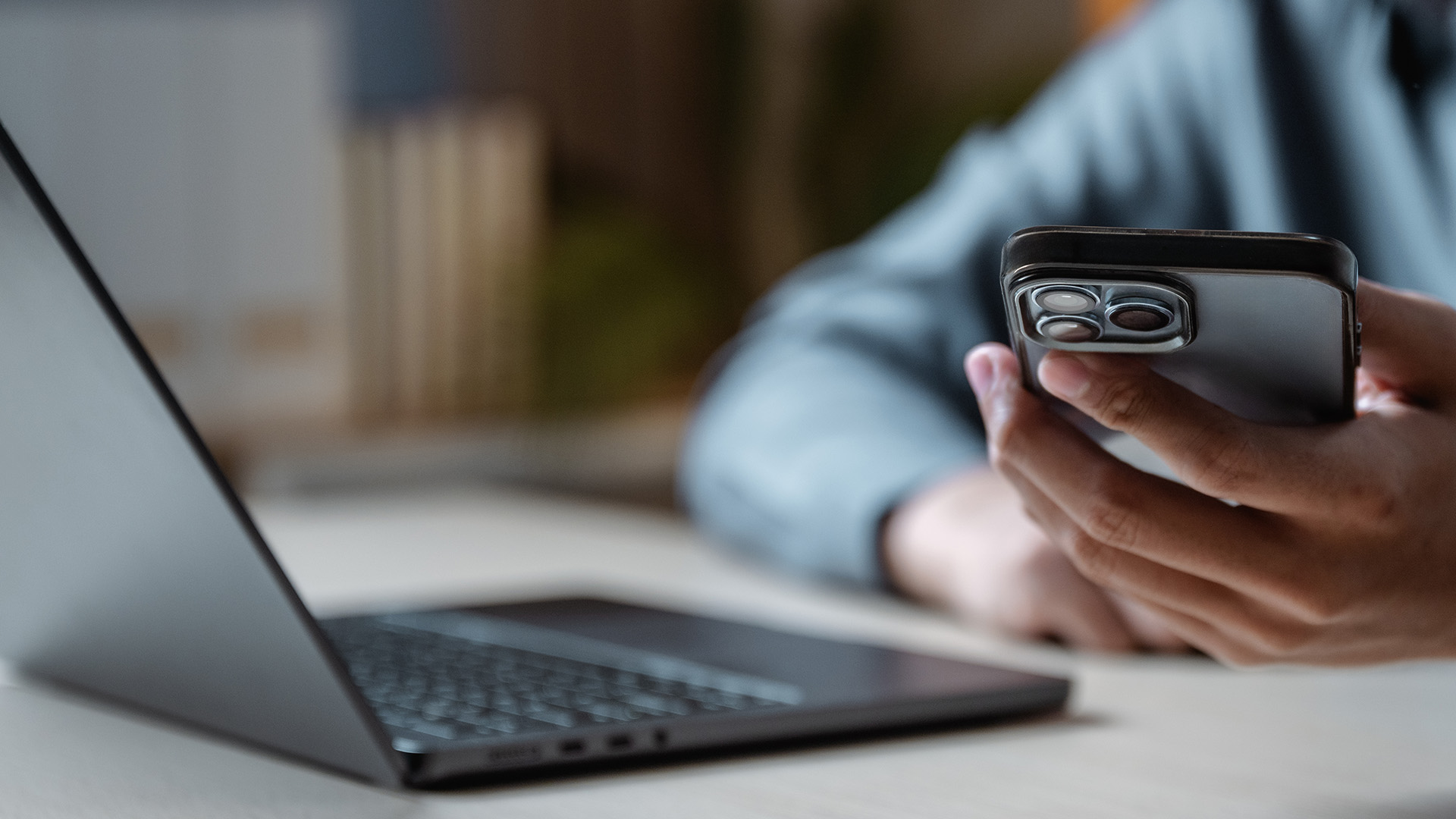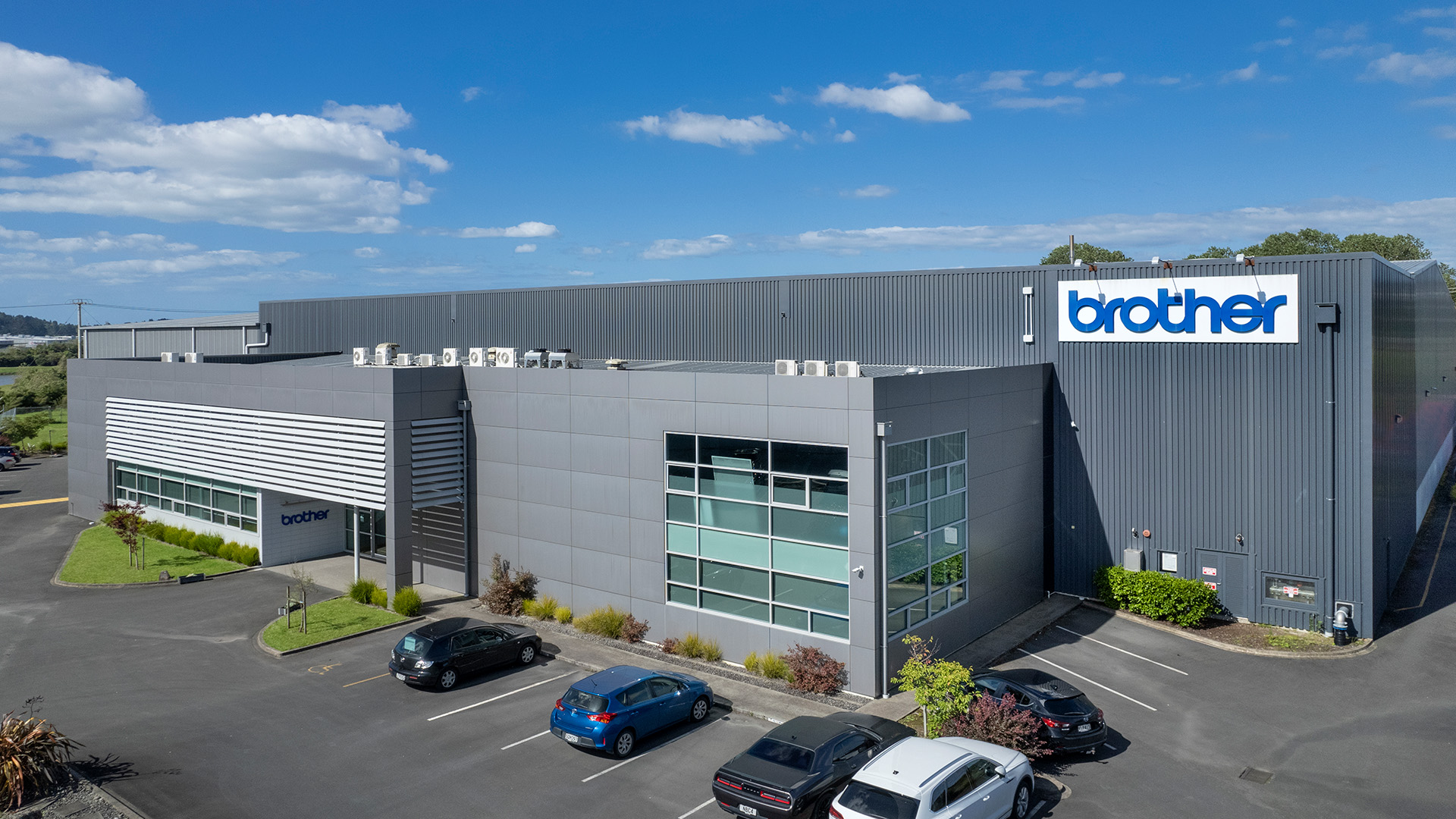When Manuel Efaraimo first joined Brother, it was simply to earn some money while on a study break from Victoria University, chasing his bigger dream of becoming a professional rugby player. On his...

Latest News
Discover the latest stories, press releases and product updates from Brother New Zealand.
Brother International’s sustainable pulp packaging has won a WorldStar Award at the hotly contested WorldStar Global Packaging Awards 2025. The WorldStar Competition was started by World Packaging...
Brother’s global A4 printer range has won the coveted Buyers Lab 2025 A4 Line of the Year Award, underlining the powerful technology available to Managed Print Services (MPS) customers. The award is...
ICT Administrator James Adamson was initially apprehensive when the idea of moving to Tauranga was raised. He was a born and bred Wellingtonian - his life was there and his family was there,...
Brother International (NZ) Ltd (Brother) is pleased to announce a significant investment in Fiji through the appointment of Pacific Brothers Distributor Pte LTD as their new official distributor for...
Brother is proud to unveil its updated range of Professional Monochrome Laser A4 range poised to set new standards for business users. The range offers faster print and scan speeds, outstanding...
Brother is proud to introduce its latest innovation in colour LED laser printers, expertly engineered to help boost productivity in the home or small office. Each device is designed to be quiet while...
Brother is proud to unveil its latest innovation, the expertly designed and space-saving colour business LED laser printer range. These are exceptionally quiet and efficient devices with a flexible...
It was a privilege to welcome three colleagues from Konica Minolta New Zealand to our latest six-monthly Litter Intelligence Survey last week. Brother New Zealand has been an Authorised Distributor...









